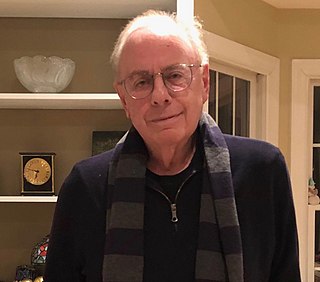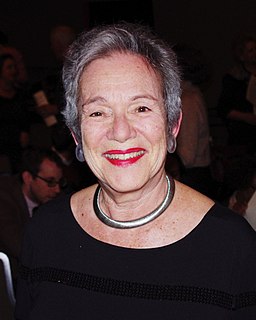A Quote by Philip Schultz
I was 17 when I decided to write stories as big as cathedrals, overflowing with the kind of memorable and audacious characters Walker Percy, Ernest Hemingway and Saul Bellow created.
Quote Topics
Related Quotes
I think the reason the stories are briskly paced, when they are, is that I like story. I like stories where things happen and there are surprises and reversals, in addition to vivid characters and a memorable voice. So those are the kinds of stories I try to write. And it turns out that's pretty much the only kind of writing that works for TV. It's a medium that just devours story, demands surprises and reversals. So my sensibility is suited to TV storytelling, at least as we think of it today.
My advice to young writers would be to write every day, even if it is only a few words. Get yourself on the habit of writing and it will become a lifelong one. And find a place to write where you are physically comfortable. You can't concentrate if you aren't. Ernest Hemingway could only write standing up, and Truman Capote could only write lying down!
When I decided to write a novel about Istanbul, I thought I should put the different faces of Istanbul into one book. I also put the characters in a cell, and it's three stories underground, rather than on the surface. The characters have one Istanbul, the other one is above ground. One is in dark, one is in light. That kind of contradiction - those opposite sides - creates a great energy in Istanbul.
It has been suggested that Tiptree is female, a theory that I find absurd, for there is to me something ineluctably masculine about Tiptree’s writing. I don’t think the novels of Jane Austen could have been written by a man nor the stories of Ernest Hemingway by a woman, and in the same way I believe the author of the James Tiptree stories is male.






































